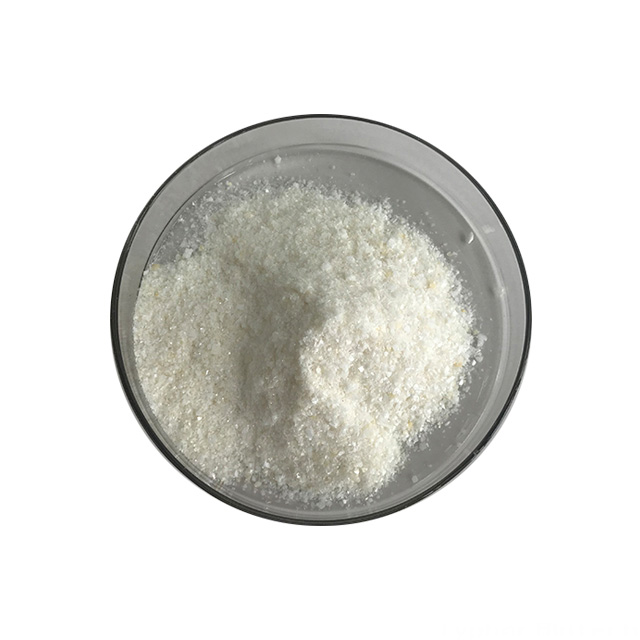Cholesterol is an important indicator of clinical biochemical examination. Under normal circumstances, the cholesterol synthesized by the body in the liver and taken from food will be converted into a component of cell membranes, and keep the concentration of cholesterol in the blood constant . When the liver is severely diseased, cholesterol levels decrease. In patients with jaundice obstruction and nephrotic syndrome, cholesterol levels tend to rise.
Function:
1.1.It is an important raw material for using as an emulsifier.
2.Cholesterol in nature is mainly found in animal foods. A few plants have cholesterol, and most plants have a substance structurally similar to cholesterol-plant sterols. Phytosterols have no atherogenic effect. In the intestinal mucosa, phytosterols (especially sitosterol) can competitively inhibit cholesterol absorption.



